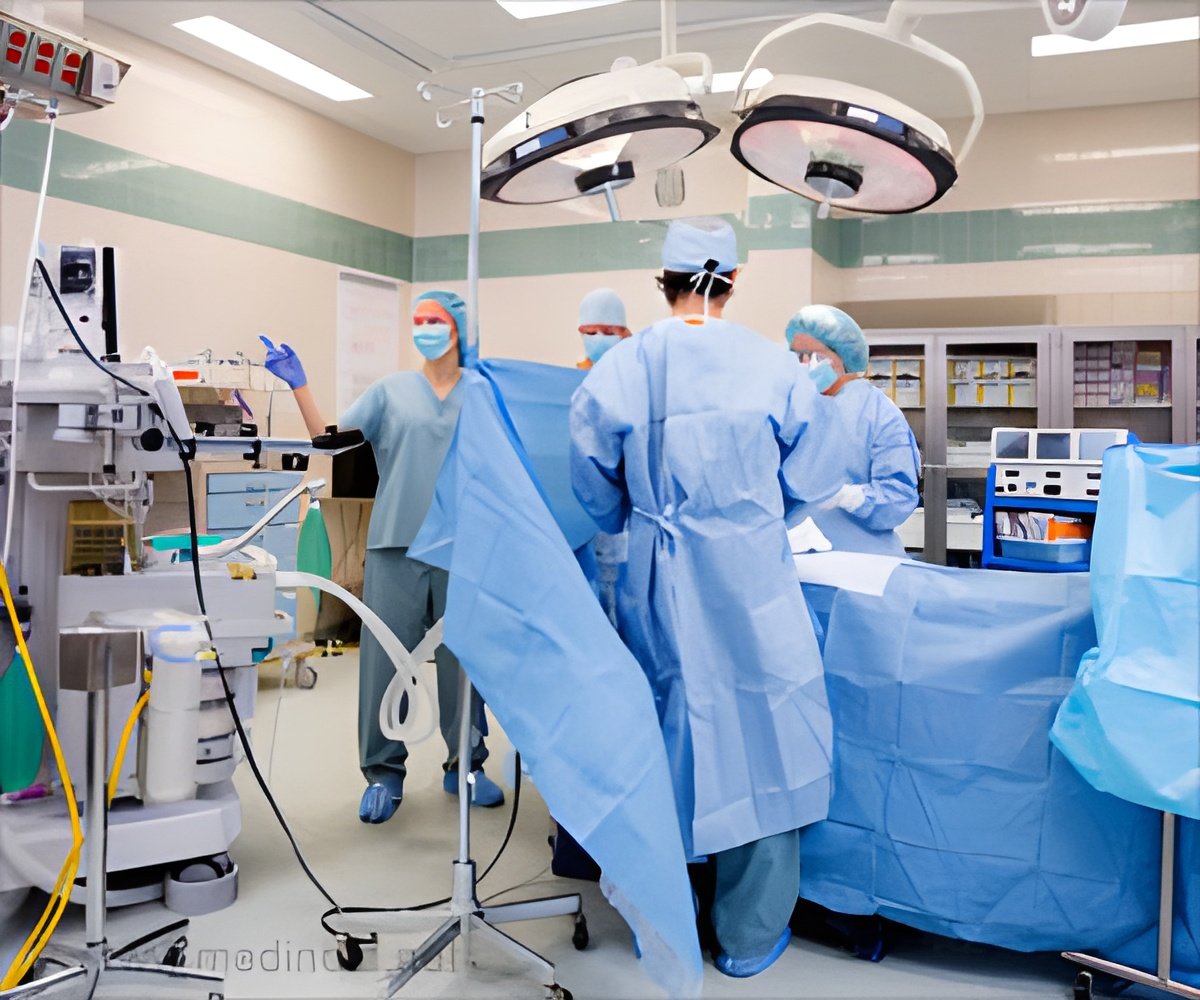Patients operated on later in the working day or the early evening also have a higher mortality risk compared to those operated during regular daytime working hours.

‘Late day and night emergency surgery are associated with higher mortality say researchers after adjusting the factors such as patient age and overall risk score.’





Postoperative mortality risk factors have been previously extensively studied. Previously identified risk factors include the patient age (1,2); the American Society of Anesthesiologists (ASA) overall risk score (2) and emergency status (1,2). Research studies analyzing the time of surgery and postoperative mortality have had ambiguous results. The aim of this study was to investigate relationship between postoperative mortality and the time of the day of surgery at a Canadian hospital - the Jewish General Hospital in Montreal, Canada.The research was published at the World Congress of Anesthesiologists (WCA) in Hong Kong.
After obtaining institutional ethics review board approval, a retrospective review of 30 days postoperative in-hospital mortality was carried out at the hospital, which is also a teaching hospital. The study evaluated all surgical procedures for the past 5 years, starting from April 1, 2010 to March 31, 2015. A database was constructed collecting variables about surgical interventions. All elective and emergent surgical cases were included except ophthalmic and local anesthesia cases (since the vast majority of ophthalmic cases are performed under local rather than general anesthesia, and not in the regular operating theater).
The working day was divided into three-time blocks (Daytime 07:30-15:29, Evening 15:30-23:29 and night time 23:30-07:29). The start time of the anesthetic recorded by the circulating nurse was used to determine in which time block the operation began.
There were 41,716 elective and emergency surgeries performed on 33,942 patients in 40,044 hospitalizations. Of these, 10,480 were emergency procedures; there were 3,445; 4,951; and 2,084 emergency procedures with anesthesia starting between day, evening and night respectively. There were 226, 97 and 29 deaths of all cases during day, evening and night surgery (79, 95, 29 mortalities for emergency surgery in the same time periods) respectively.
Advertisement
The researchers say: "This study demonstrates that late day and night emergency surgery are associated with higher mortality when factoring in ASA score and patient age. Postoperative 30-day in-hospital mortality rate should include a start time of anesthesia, along with other known variables, as a risk factor."
Advertisement
Source-Medindia









